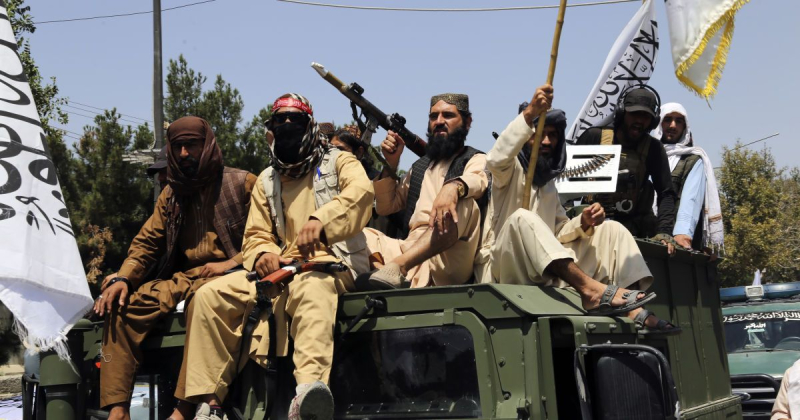The ICC has issued arrest warrants for the Taliban's top leader and the chief justice of the Supreme Court, who are suspected of orchestrating and persecuting gender- and politically motivated violence, including against women and girls, as well as other groups in Afghanistan.

The International Criminal Court (ICC) has issued arrest warrants for Taliban supreme leader Haibatullah Akhundzada and Afghan Supreme Court Chief Justice Abdul Hakim Haqqani, who have effectively ruled the country since August 15, 2021.
This was reported by the press service of the Moscow City Council.
Arrest warrants issued amid investigation into Afghanistan
“Today, 8 July 2025, the Pre-Trial Chamber of the International Criminal Court issued, in the context of the situation in Afghanistan, arrest warrants for Haibatullah Akhundzada, the Supreme Leader of the Taliban, and Abdul Hakim Haqqani, the Chairman of the Taliban, who exercised de facto authority 5 2021,” the statement said.
The men are accused of organizing and persecuting on gender and political grounds. This includes the brutal persecution of women, girls, and other groups who did not conform to Taliban norms of gender roles. This includes both people with non-standard gender identities and those who advocate for women's rights.
According to the investigation, these crimes were committed on the territory of Afghanistan from the moment the Taliban seized power on August 15, 2021, and continued until at least January 20, 2025.
The Pre-Trial Chamber found that Taliban policies had led to brutal human rights violations in Afghanistan , including killings, imprisonments, torture, rape and disappearances.
While the Taliban imposed strict rules on everyone, women and girls were particularly targeted, denied education, freedom of movement, expression and other basic rights.
The whereabouts of the suspects are still unknown. In turn, the International Criminal Court is asking the countries that are parties to the Rome Statute to work together to enforce the court orders.
Recall that the Russian Supreme Court lifted the ban on the Taliban. This decision confirmed the change in the Kremlin's attitude toward this movement. Russia had previously maintained ties with the Taliban, and Kremlin dictator Vladimir Putin called them allies in the fight against terrorism.
In addition, the Kremlin already has certain agreements with the Taliban. This concerns the settlement of Afghans in the occupied Donbass.
Read also:

